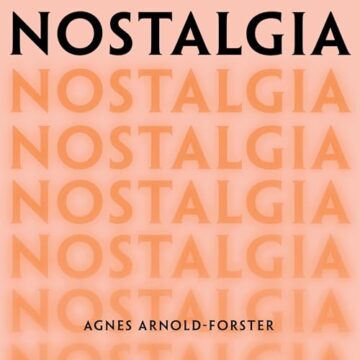Matthew Reisz at The Guardian:

While neuroscientists sometimes treat emotions as human universals, historians are keen to show how the words we use to describe our feelings, and indeed the feelings themselves, change with the times. “Nostalgia was one of the most studied medical conditions of the 19th century,” Arnold-Forster explains, believed to cause “palpitations and unexplained ruptures in the skin” as well as depression and disturbed sleep. It was first diagnosed among 17th-century Swiss mercenaries and referred to “a kind of pathological patriotic love, an intense and dangerous homesickness”. (Since sufferers were assumed to be missing the pure mountain air, one doctor suggested they should be put in tall towers to recuperate.) It was not until the early 20th century that homesickness and nostalgia in the current sense began to be seen as distinct.
Yet it continued to be treated as rather suspect. In the mid-20th century, a psychoanalyst called Nandor Fodor dismissed nostalgia, along with utopian politics and even the vogue for Tarzan films, as “the manifestation of a latent desire to return to the womb”.
more here.
